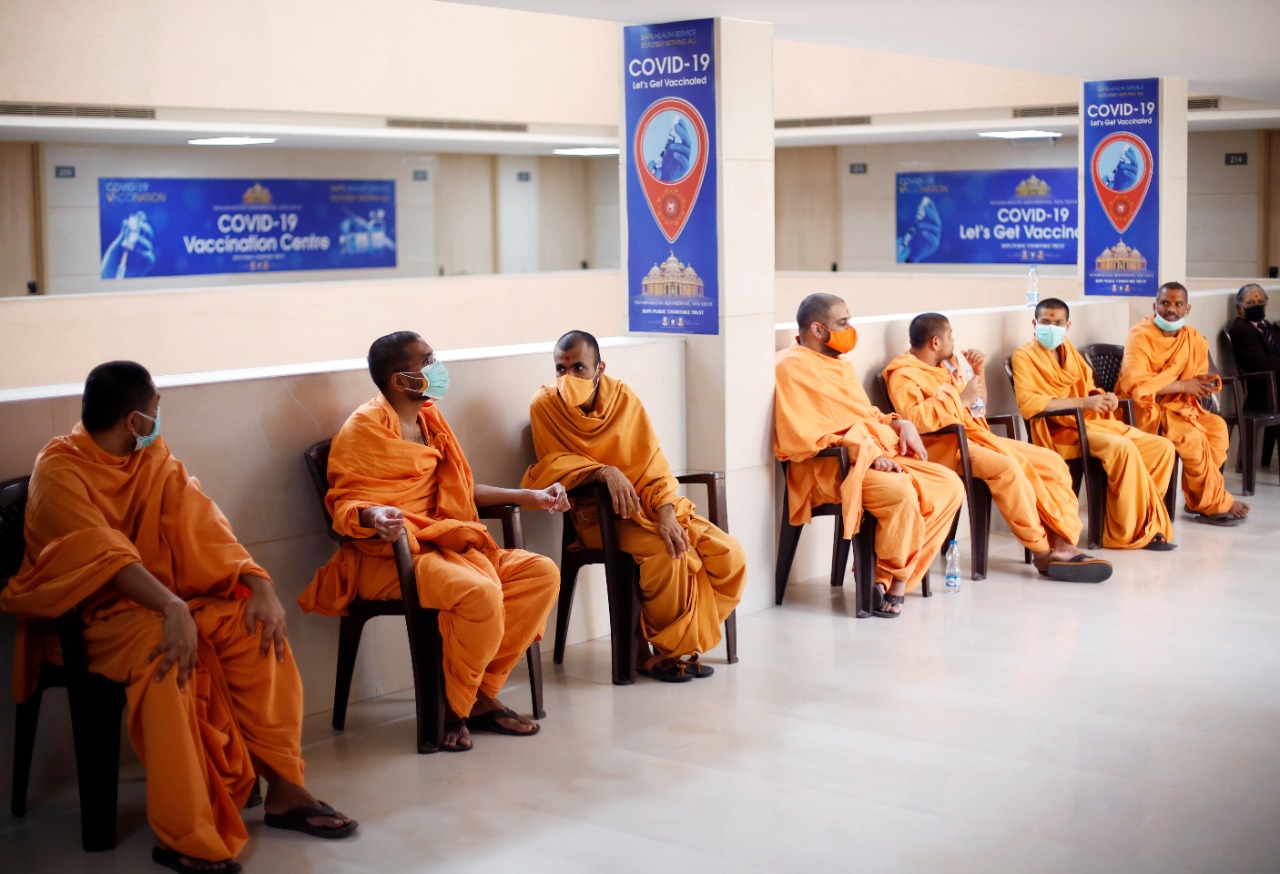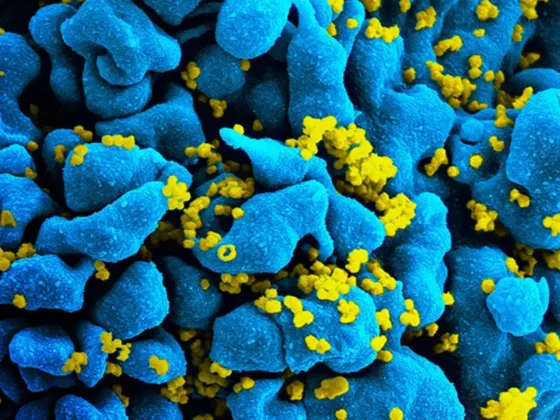Roche announced today that it has launched a high-throughput SARS-CoV-2 antigen test as an aid in the diagnosis of Severe Acute Respiratory Syndrome Coronavirus 2 (SARS-CoV-2) infections. The laboratory-based Elecsys SARS-CoV-2 Antigen test had earlier received CE mark has recently obtained the import license from CDSCO
The automated lab based antigen test could be useful in diagnosing symptomatic patients and exposed asymptomatic individuals. In addition, it will facilitate frequent screening of individuals in high-risk settings.
Roche’s Elecsys SARS-CoV-2 Antigen test is an immunoassay intended for the qualitative detection of SARS-CoV-2 present in the respiratory tract including nasopharynx and oropharynx. The Elecsys SARS-CoV-2 Antigen test is performed by healthcare professionals and could be used as an alternative or in conjunction with PCR testing. This test will be highly beneficial in reducing the burden on PCR testing, it can help provide faster reporting and could also be used in setups wherein the PCR testing is either limited or not available, thus reducing turnaround time for samples.
In symptomatic individuals, a positive result with the Elecsys SARS-CoV-2 Antigen test indicates an active SARS-CoV-2 infection with a likelihood of 94.5%. A negative result may require to be confirmed with a PCR test or repeated (antigen test) after one to two days, if other clinical indications point to a SARS-CoV-2 infection.
Narendra Varde, Managing Director, Roche Diagnostics India and Neighboring Markets, “Robust diagnostic testing capacity is the bedrock to manage COVID-19 and contain community spread. With >2000 instrument installations across India, the high accuracy, high-throughput laboratory antigen test will give a vital boost to our testing capabilities supporting the Indian healthcare system in the diagnosis of SARS-CoV-2 infections. The launch of this test is the result of Roche Diagnostics’ unwavering commitment to help healthcare systems across the world contain SARS CoV.”
Dr. Nilesh Shah, President and Chief of Science & Innovation, Metropolis Healthcare Ltd, “Roche ECLIA antigen assay is a next-generation test that overcomes major limitations of rapid antigen tests. Longer sample stability, no subjectivity, full automation and better sensitivity make the assay a top choice for COVID-19 testing. As a user, I would prefer positioning this test to be the primary choice for patients, while symptomatic negatives can be tested by RT-PCR as a reflex test”.
Dr Nitin M Chavan, Consultant Pathologist, Lilavati Hospital and Research Center, “The automated SARS-CoV-2 antigen tests can be a valuable help in scaling up COVID-19 diagnostic testing in India. With sophisticated technology, high accuracy, fast turnaround time and easy accessibility, these tests are apt to diagnose individuals with symptoms of COVID-19, contact tracing of asymptomatic individuals and for surveillance testing in settings with high risk of infection”.
The Elecsys SARS-CoV-2 Antigen test is a highly accurate test for patients with signs and symptoms suggestive of COVID-19, or people with either known or suspected exposure to SARS-CoV-2. In clinical studies, the Elecsys SARS-CoV-2 Antigen test showed a 94.5% sensitivity across 390 PCR confirmed symptomatic individuals* and a 99.9% specificity across 2747 PCR negative symptomatic, exposed and screening individuals.
The Elecsys SARS-CoV-2 Antigen immunoassay runs on all Cobas e immunochemistry analyzers which are widely available in India and allow for these test to be run alongside other COVID-19 and other infectious diseases markers available from Roche, which run on the Cobas e systems. This test, running on the electrochemiluminescence technology, ensures high accuracy and precision in testing. These fully automated systems can provide test results in 18 minutes for a single test (excluding time for sample collection, transport, and preparation), with a throughput of up to 300 tests per hour from a single analyzer, depending on the analyzer.
About Antigen Testing
An antigen test detects proteins that are structural or functional components of a pathogen and are thus very specific to that pathogen. In this case, the test would provide a qualitative “yes/no” answer on the presence of the pathogen in the patient sample. If the target antigen is present in sufficient concentrations in the sample, it will bind to specific antibodies and generate a positive result, indicating an active infection.
In general, antigen tests have a high specificity, though are not as sensitive as PCR tests that amplify the target viral DNA or RNA sequence in order to generate a quantifiable signal to indicate the presence of the virus in a sample. Therefore, to make up for the potential decrease in sensitivity of an antigen test, negative results should be analysed together with additional patient factors, such as COVID-19 exposure history, clinical symptoms, additional test results to help guide the diagnosis and subsequent treatment of the patient.











